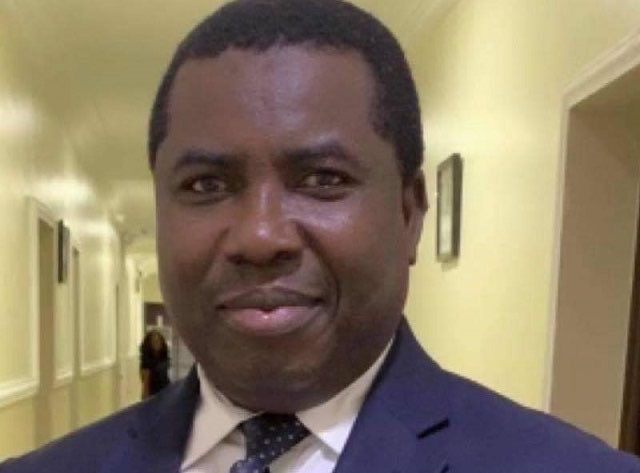The World Health Organisation (WHO) on Tuesday disclosed that one in every 100 deaths globally is due to suicide.
The health body, which called for urgent action to stem a mounting mental health crisis among young people, especially, added that while global suicide rates had fallen somewhat in recent years, progress in combating the issue was far too slow.
According to United Nations’ health agency, in 2021, the last year for which data was available, there were an estimated 727,000 suicides worldwide.
The Interim Head of the WHO’s non-communicable disease and Mental Health Department, Devora Kestel, said, “Globally, suicide accounts for more than one in every 100 deaths, and for each death, there are 20 suicide attempts.”
Kestel told reporters those suicides “affected countless more lives and livelihoods, as friends, carers and loved ones were forced to grapple with unimaginable hardship”, she told reporters.
The WHO’s World Mental Health Today report highlighted that suicide remains a leading cause of death among young people across geographies and socioeconomic contexts.
In 2021, it was the second leading cause of death for girls and women aged 15 to 29, and the third leading cause for males in the same age category, it found.
According to the WHO, despite a 35-per-cent global decline in the age-adjusted suicide rate between 2000 and 2021, the world is still falling short of its goal: instead of the targeted one-third reduction in suicide rates between 2015 and 2030, current progress suggests only a 12 per cent decrease will be achieved.
The health agency added that nearly three-quarters of all suicides take place in lower-income countries, where most of the global population lives.
The agency cautioned that, while suicide rates have been slowly declining, the prevalence of mental disorders like anxiety and depression has been swelling.
“Between 2011 and 2021, the number of people living with mental disorders increased faster than the global population,” the report said, adding that the latest findings, more than one billion people are living with mental health disorders.
The WHO voiced particular concern about growing mental health distress among young people.
The Head of the WHO Mental Health Unit, said, Mark van Ommeren, while there is likely a long line of drivers behind the increase, “the two main hypotheses are social media and the impact of the Covid pandemic.”
In this context, WHO voiced alarm at a “stagnation” in mental health investment around the world, with median government spending on mental health remaining at just two per cent of total health budgets — unchanged since 2017.
Globally, only nine per cent of people with depression get treatment, it found.
WHO chief Tedros Adhanom Ghebreyesus said in a statement that, “Transforming mental health services is one of the most pressing public health challenges.”










